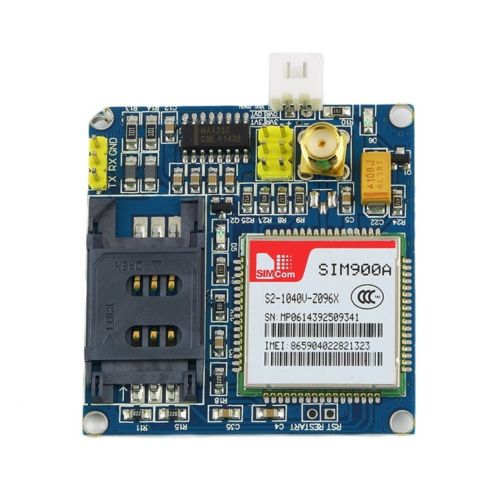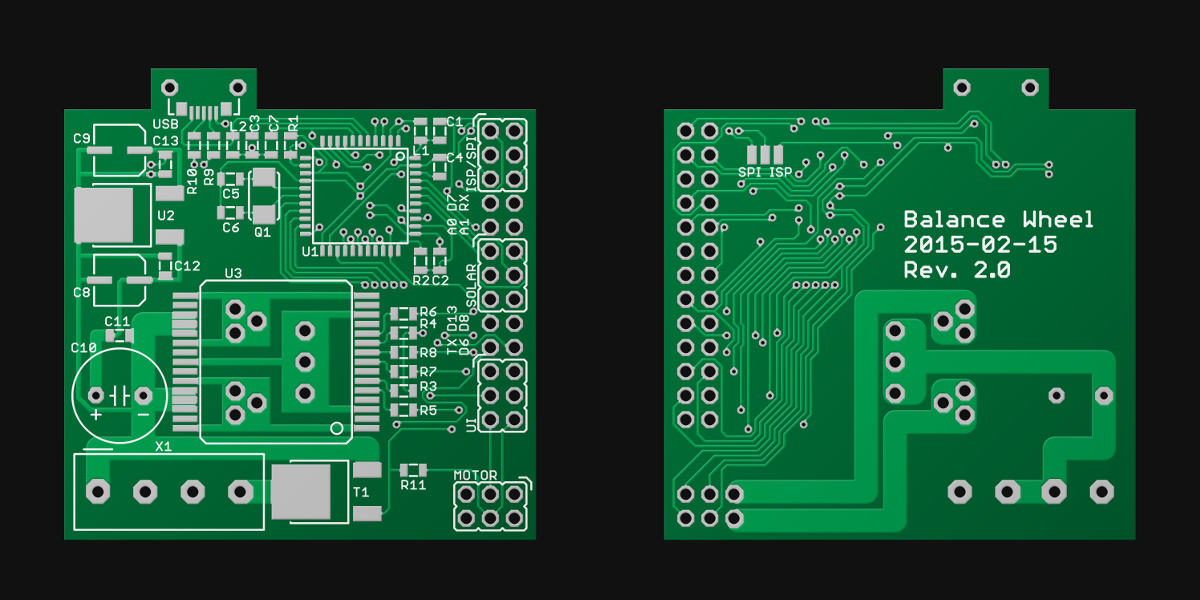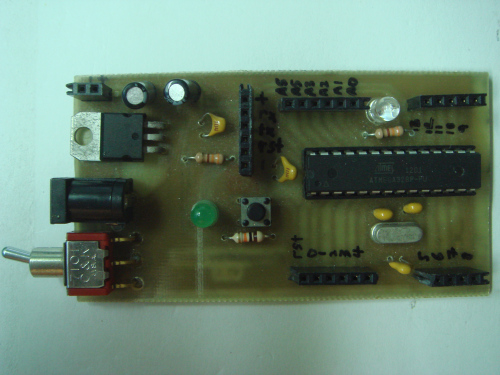
Must be IBM's implementation of hot-plug feature. Only exception I've encountered is with IBM Thinkpads: they spam the keyboard with a constant barrage of 0xF2 requests ("What are you? What are you?!! I WANNA KNOW WHAT ARE YOU!!!").

The only HOST-outbound communication during normal work is the request to toggle caps/scroll/num-lock LEDs, never more. If initialization is OK - PC deems keyboard connected until rebooted. If no AKN reply received during startup - PC just stops listening to the PS/2 port.

Most HOSTs communicate with the keyboards only during startup and then just stop bothering. Seems to make little difference.Īlso I sniffed PS/2 client-host communication on several computers it kinda looks as follows: I tried using Arduino's inbuilt pull-up resistors (INPUT_PULLUP pin mode) as well as using hardware resistors to pull up the signal to VCC. My device code is 500 lines long and is pretty esoteric. Well, the above case is the crudest simplification of my issue. Can you advice on emulating a PS/2 keyboard?.Seems to have done nothing) Do I have to filter it somehow? How? The problem with power? (I tried retaining USB power to the device.Is it the problem with connection? Is it my mistake to connect the leads directly to Arduino?.What is the issue? It is the same for Pro Micro (ATmega32U4) and Arduino Nano (ATmega328).The wire itself seems fine, as I tested it as a direct (passive) extension to the keyboard and it worked. Num-pad arrows are more reliable than “ordinary” arrows, pressing a key is more reliable than release it, etc.).

The thing still drops up to 5-10% of commands! The problem seems to persist with longer (2-3 byte keycodes) than shorter ones (i.e.

I’ve written a long and windy code to read Sega 6-button input and send corresponding keys to PS/2 port… My project is based on a Pro Micro (ATmega32U4) but the problem persists with Arduino Nano (ATmega328). I am making an Arduino-based device, which shall be recognized as a pure PS/2 keyboard and shall forward Sega Genesis and Super Nintendo gamepad input as PS/2 key presses for my MS-DOS Laptop (kinda like this thing, only with some of my quality-of-life improvements).


 0 kommentar(er)
0 kommentar(er)
